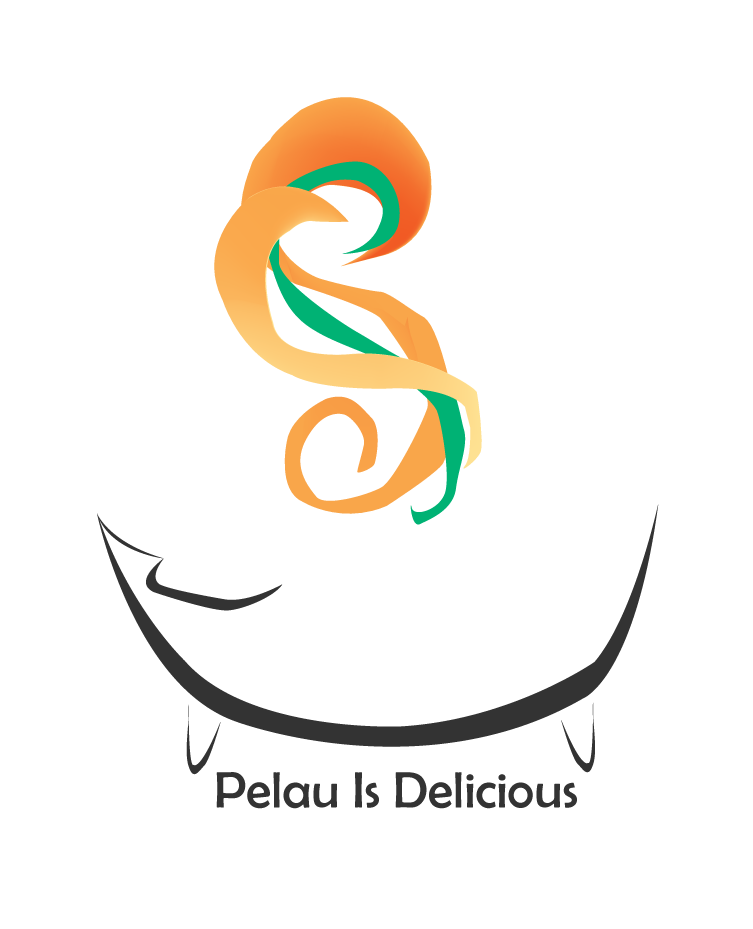If you have been diagnosed with IBS and have spent time adjusting your foodstyle to this condition, you understand it is a long road of trial and errors. If you are new, welcome and I hope to make this process a bit quicker with this next post.
I literally stumbled upon Cassandra Forsythe and her blog. (website seems to be under maintenance at the moment). Cassandra is a female fitness and nutrition scientist and has IBS. She posted a complete FODMAP list and swears it helped her IBS issues; I can stand behind this and also notice a difference since following this list. My quality of life has changed for the better since knowing about FODMAPs. Do keep in mind that everyone is different so certain foods may have a different reaction based on the individual.
Let me go back a couple of steps and explain what FODMAPs are. The Canadian Digestive Health Foundation describes FODMAPs as ‘.. a group of small carbohydrate (sugar) molecules found in everyday foods. Carbohydrates are made up of carbon, hydrogen and oxygen and provide an important source of energy for the body. FODMAPs are carbohydrates that may be poorly absorbed in the small intestine of some people.’ For a complete breakdown on FODMAPs you can find it here.
The following charts is a guide for what to avoid, what is suitable and what might be iffy based on Cassandra Forsythe’s information.

Also note – Suitable Dried fruits ( to whom it applies)
Banana Chips Cranberries (not sweetened) Currants
Paw Paw Pineapple (not sweetened) Sultanas Raisins
Special notes on fruit:
Limit intake of suitable fruits to one server per meal. e.g. One whole banana or orange, third to half a glass of suitable juice, small handful of berries or grapes, small amount of suitable dried fruit (e.g 10 sultanas).
Special notes on vegetables:
Onion is one of the greatest contributors to IBS. Strict avoidance is recommended.**
Avoid the following:
– Onion(brown, white & Spanish), Onion Powder, white section of spring onion
– Leeks Shallots, Garlic.
There is undeclared onion hidden in many processed foods including chicken salt, vegetable salt, vegetable powder, dehydrated vegetables, stocks, gravies, soups, marinades & sauces,
Alternatives:
– Chives
– Green part of spring onion
– Asafoetida powder(contains gluten)
– fresh & dried ginger, coriander, basil, lemongrass, chili, mint, parsley, marjoram, oregano, thyme, rosemary & others.


Special notes on wheat:
– Wheat free Rye is tolerable for most(assess individually)
– Small amounts of wheat, such as breadcrumbs, may be tolerable(assess individually)
– Those with diagnosed Celiac Disease should eliminate gluten from their diet.
– Gluten Free foods do not contain wheat, rye oats & barley
– A low FODMAP diet allows oat & barley
– Trace amounts of wheat ingredients such as soy sauce should not be a problem
– Many wheat derived products such as wheat starch, wheat thickeners, wheat maltodextrin, wheat dextrin, wheat dextrose, wheat glucose & wheat color caramel are fructan glucose chains & should be safe to eat.


Special comments:
– Limit alcohol intake
– Avoid alcohol which is high in indigestible carbohydrate, such as beer
– Clear spirits such as Vodka & Gin with water/soda flavored with fresh suitable fruit in moderation is preferable
– Drink plenty of water
– Eat in moderation
– Chew your food well
– Limit processed foods(hidden FODMAPs & irritants)
– Limit or avoid processed meats(hidden FODMAPs & irritants)
– Fresh fruit, vegetables & whole meats/fish are best.
Hope this list helps! Again this is merely a guide, as IBS is an affliction that is individual in how it affects those diagnosed. I have noticed that anything high in fibre does not sit well with me, so beans, broccoli and the list continues. A trial & error period is necessary but crucial to allowing you to be able to live with IBS. Your body still needs nutrients, so having as diverse a diet as possible, helps.
Happy eating.
Like this:
Like Loading...
Related









